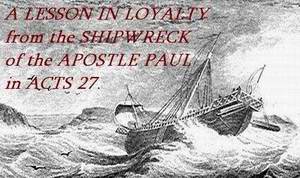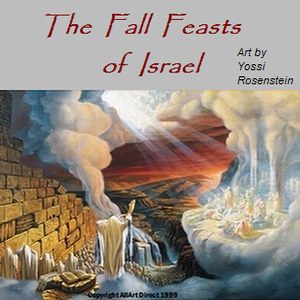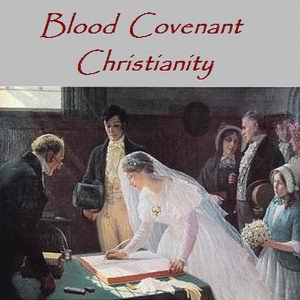 The signing of the Mayflower Compact.
The signing of the Mayflower Compact.
|
IN THE
NEW WORLD
AND THE
MAYFLOWER
COMPACT
The signing of the Mayflower Compact.
THE PURITANS
IN THE
NEW WORLD
AND THE
MAYFLOWER
COMPACT
An essay by Gavin Finley MD
endtimepilgrim.org

The Puritans came to the English Colonies in America by the tens of thousands during those early decades of the 1600's. They had big dreams for a new Christian settlement in the New World. In the 1630's to 1650's they had tried to establish a new Parliamentary system in England established on the sure foundation of Biblical Christianity. But in this endeavor they had been sorely disappointed. King Charles 1 had not been willing to do any sovereignty sharing with Parliament whatsoever. They tangled with the king in Parliament in the political arena. When the king dissolved Parliament for the second time the dispute led on to civil war and the battlefield. The Puritans won the English Civil War and proceeded to impeach the king on a charge of high treason against the English people. But the subsequent experiment in Parliamentary democracy with the government being made up of a lone legislative body turned out to be a disaster. It failed due to lack of oversight. There was no viable counter-check on the inevitable internal corruption that arises when governments are not subject to others. The lack of visible leadership before the people was also leading to social unrest. It was in this governmental malaise that Oliver Cromwell had then come to the fore.
The behavior of Oliver Cromwell, (who was in command of the Puritan Army), was precisely the same as the king some years earlier. He dissolved Parliament. England then went under the rule of a Puritan dictatorship. This was somewhat benign in England. In Ireland it was very severe. This was a Puritan Christian republic, the first time Biblical Christians had seized power. This government under Oliver Cromwell as "Lord Protector" did allow the Puritan agenda to go forward. And Cromwell did succeed in uniting England, Scotland, and Northern Ireland together as the United Kingdom. This was the basis for Great Britain to go on and become the great maritime superpower. But the Puritan dictatorship was not sustainable. With the death of Cromwell 5 years later Charles II came to the throne and the monarchy was reinstated.
After Cromwell things had slipped back into the same old pattern of aristocratic and church elitism with its inevitable corruption and heavy handedness. The Puritan dreams, however, did not end there. Efforts for a righteous Christian republic ruled by a representative government of Godly statesmen had not been realized. Was this an impossible dream?
There is no doubt that during their passage to new lands in America they were truly Pilgrims and strangers on a journey into an unknown land. But as they established themselves together and before God in the New World they were transformed by their new situation and the necessity for new political bonds. Once again they became politically active as nation builders. As they began to organize themselves and covenant together their true Puritan identity returned to the fore.
Like many who would come after them they pursued their quest to fashion a 'nation under God', even a 'city on a hill' based on a Biblical Christian faith. By God's grace they had crossed the Atlantic Ocean and arrived safely to drop anchor at Plymouth Rock. From there they would set foot into the New World.
Before them lay an entirely new continent. It offered them all a new and fresh opportunity. Surely here in the American colonies they could begin to establish the model Christian society they had dreamed of. It would be based upon a simple congregational government of the sort that had eluded them back in England.
As they gathered on board the Mayflower to lay out the basis for their Christian government their dream took on political form in that famous document known as the 'Mayflower Compact'. This document was more than just a document for them and their colony. The Mayflower Compact was a type and a pattern of things to come. It crystallized the hopes and the aspirations of many Christians of Biblical Christian faith who would come after them.
Here is the NEXT ARTICLE.
|
|

|

|
|

|

|

|